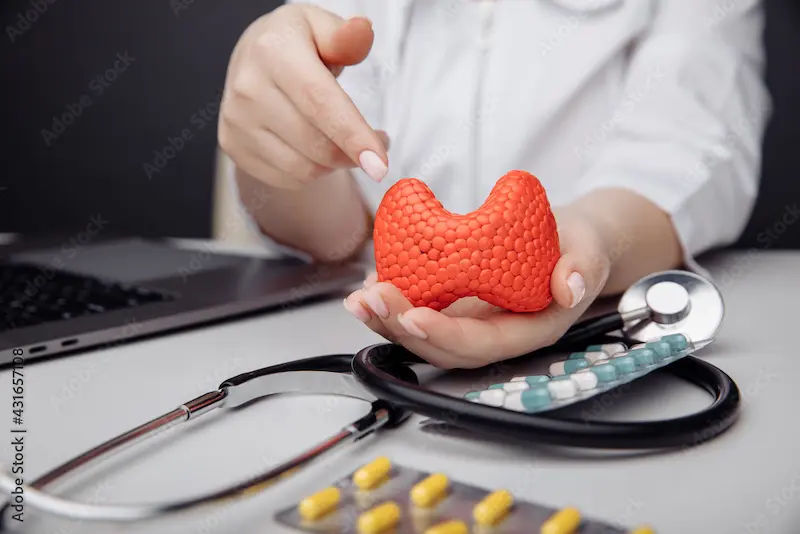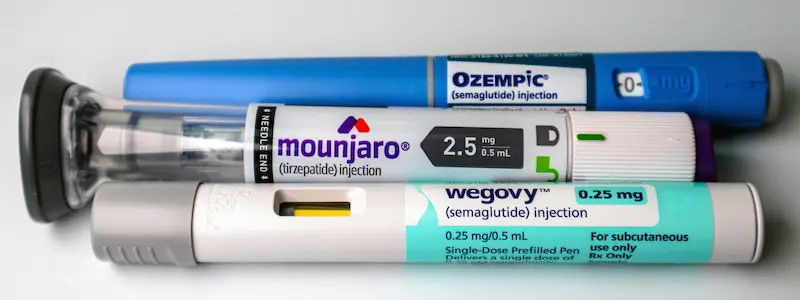- Female
- 25 Years
- 29/01/2025
I'm a bit concerned about my current situation. On the 14th day, my left follicle size is 2.1 cm, but my endometrium thickness is only 4.8 mm. My doctor advised waiting until the 16th day to see if the endometrium can reach 6 mm before we go ahead with IUI. Does this thickness seem too low for a successful IUI, and is this a common approach? Any advice or insights you can share would really help me understand what's happening.
Answered by 1 Apollo Doctors
No symptoms 4 days post embryo transfer (ET) is completely normal.
Why no symptoms?
- Implantation process: Implantation of the embryo into the uterine lining occurs around 6-10 days post ET. Symptoms may appear after implantation.
- Hormonal changes: Progesterone levels may not have surged enough to cause noticeable symptoms yet.
- Individual variation: Every woman's body reacts differently to pregnancy hormones.
Continue with routine
- Medication adherence: Keep taking your prescribed medications as directed.
- Light exercise: Continue with gentle walks and avoid strenuous activities.
- Stay hydrated: Drink plenty of water and maintain a balanced diet.
When to expect symptoms
- 6-10 days post ET: Implantation occurs, and symptoms like mild cramping, spotting, or breast tenderness may appear.
- 10-14 days post ET: Pregnancy test (beta hCG) is usually done to confirm pregnancy.
Stay calm, and remember that every pregnancy is unique. Focus on maintaining a healthy lifestyle, and wait for your scheduled follow-up appointment.
Dr. Dhankecha Suggests...
Consult a Endocrinologist
Answered 04/07/2025
0
0

More Endocrinology Health Queries
View allWhat is good for treating diabetes, medicine or insulin?
Both oral medicines and insulin are good at treating Diabetes, each having it's own benefits and side effects.
Answered by 1 Apollo Doctors
I'm a 19-year-old female, and I'm currently 4 feet 8 inches tall. I've been wondering if there's still a chance for me to grow taller, especially since my parents aren't very tall either. I'm really hoping to reach around 5 feet 2 inches. Is it possible for me to increase my height at this age? I've tried drinking ashwagandha powder mixed with milk for 15 days, hoping it might help, but I haven't noticed any changes. What should I do and is there anything else that might work? I'm really curious and would appreciate any advice you can offer.
No
Answered by 1 Apollo Doctors
Do you have hypothyroidism look at your hands?
Yes, hypothyroidism can cause nail infection, vertical white ridges on the nails, nail splitting, brittle nails, slow nail growth, and nails lifting up.
Answered by 1 Apollo Doctors
Disclaimer: Answers on Apollo 247 are not intended to replace your doctor advice. Always seek help of a professional doctor in case of an medical emergency or ailment.



